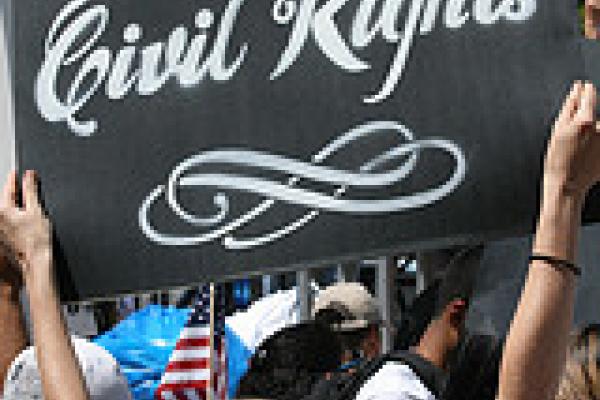Sometimes a picture says it all.
Consider the 1963 picture of fire hoses and snarling police dogs in Birmingham, Ala., used against African-American students protesting racial segregation. Surely not our civil servants at their best.
Or the 1972 picture of the little girl in North Vietnam running terrified and naked with burning skin after South Vietnamese planes accidentally dropped napalm on Trang Bang, which had been occupied by North Vietnamese troops. The world then saw how war could hurt children.
Now, in 2014, we see citizens of Murrieta, Calif., turning back buses of women and children headed for a federal processing center, a day after Mayor Alan Long told them to let the government know they opposed its decision to move recent undocumented immigrants to the local Border Patrol station.
Read the Full Article

